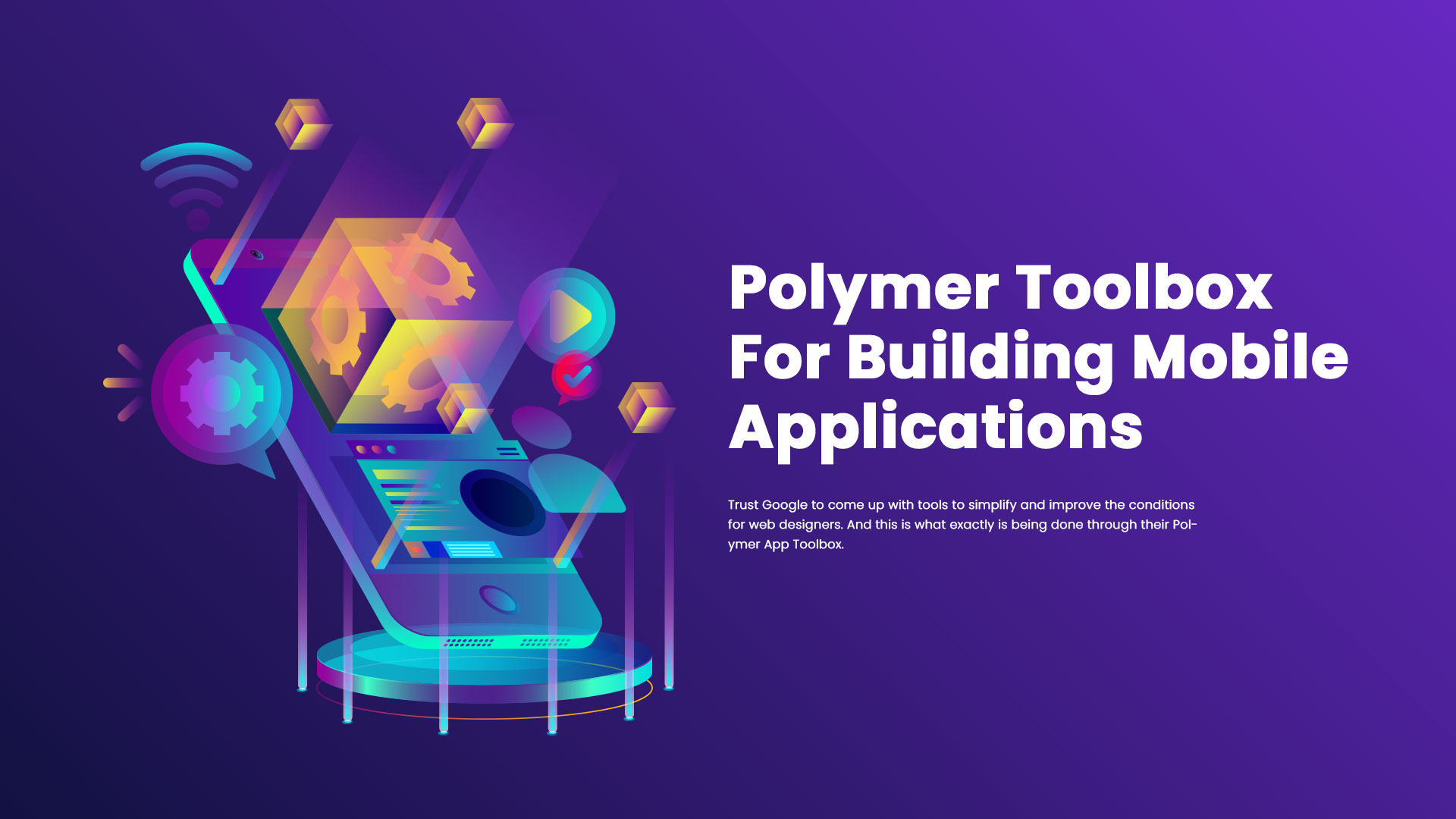
The transition from mobile phones to smart technology has generated a new market niche in the mobile application industry. Smartphones now hold a unique place among the great innovations of our time. There has been a dramatic increase in demand for mobile app development since the introduction of smartphones, and this trend is expected to continue.
According to a recent study, application development is still in its inception and is expected to grow significantly in the coming years. As an example, consider Android and iOS. Despite being direct competitors, both companies have seen significant development as viable mobile platforms.
Apps have now become a part of our everyday routines for a variety of reasons. This is because mobile apps are being used by both individuals and businesses. As a result of this, the communication between a brand and its consumers can now be facilitated more effectively.
Getting a mobile application built is not enough. We think it’s important that modern businesses know which technologies they should employ to develop mobile applications for their business. We have covered some of the best technologies for mobile app development in this article; keep on reading to know more about them.
What are the top modern technologies used to build Mobile Application?
1. Flutter
Created by Google, Flutter is a free, open-source SDK for developing mobile apps. Developers can use it to build great and dynamically compiled applications for the web, smartphone, and desktop from a single source codebase using this toolkit. Like Google had promised, Flutter provides the following features:
- Quick Development
- Adaptable and an Intuitive UI
- Exceptional Native Performance
2. Java
As a result of the open-source libraries available, Java is among the most widely used programming and inspires many developers. In addition to being an object-oriented programming language, it is also an official Android development tool. Getting an app built using Java has many advantages, not the least of which is the availability of excellent documentation and community support. This language has a lot to teach and grow from.
3. Swift
Swift is an object-oriented programming language for iOS and OS X developed by Apple Inc. It is a free and open-source programming language based on C, and Objective C. Programmers throughout the world love it because it uses a safe programming style that is both comfortable and adaptable. Applications like Hipmunk, Lyft, and LinkedIn are built and updated using Swift.
4. Python
Python is by far the most widely used language on this list. As a result, the language is both simple to implement and easy to use. Python is the programming language of choice for some of the world’s most popular web apps, including YouTube and Instagram. Python has a number of advantages that make it stand out from the rest of the list.
- Massive Libraries
- Secure
- Modular
- Effortless Integration
5. C++
C++ is an excellent programming language to use when creating mobile applications. As a general-purpose programming language, the language is considered to have low-level memory manipulation capabilities. Android and iOS app development are two of the most prevalent implementations of this technology.
Some of the most notable advantages of C++ include:
- Diverse collections of features
- It’s also case-sensitive
- A plethora of built-in features
- Extremely adaptable
To Sum It Up
Since each programming language has its own set of advantages, it’s hard to pick a winner from this list. Modern languages like Flutter have begun to show their worth as the world of technology continues to advance. However, Python, C++, and JAVA continue to be the constant choice of technology for mobile application development. We would be happy to assist you if you’re unsure of what kind of technology to use to develop a mobile application for your business.


